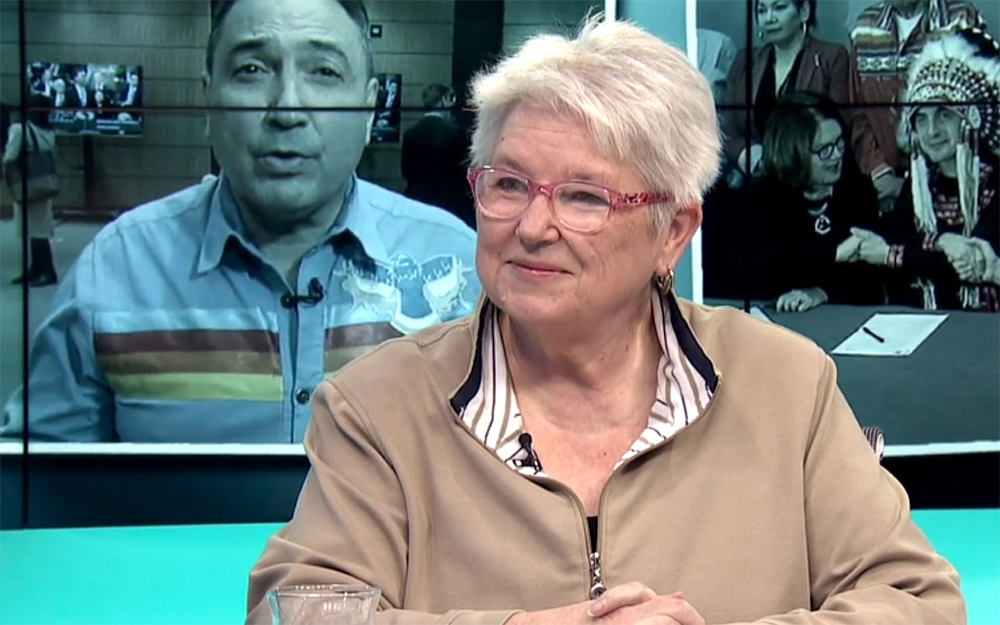An average family of five people who have status cards could be more than $25,000 richer each year if treaty annuity payments were based on today’s land values. Currently, treaty people with status cards get $5 a year based on land values from the 1800s – that’s $25 if you’re a family of five. That same land is worth $5,000, based on land values from 20 years ago when a report on modernizing treaty annuities was penned and has been collecting dust since 2004.
Canadian Property Rights Index 2023
A Snapshot of Property Rights Protection in Canada After 10 years


